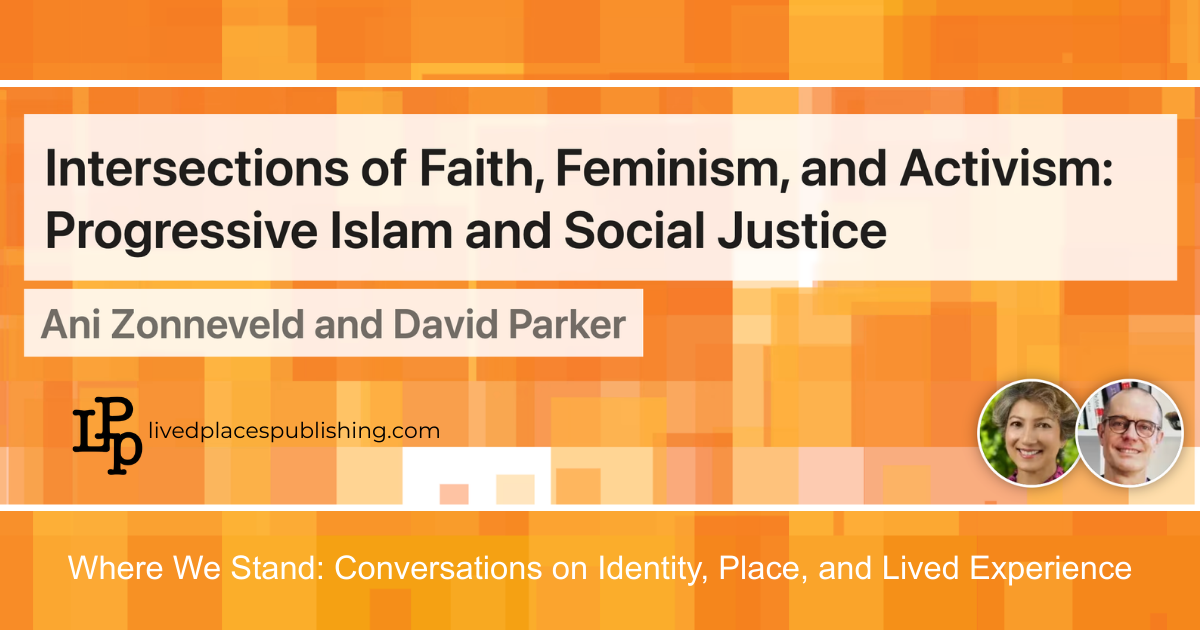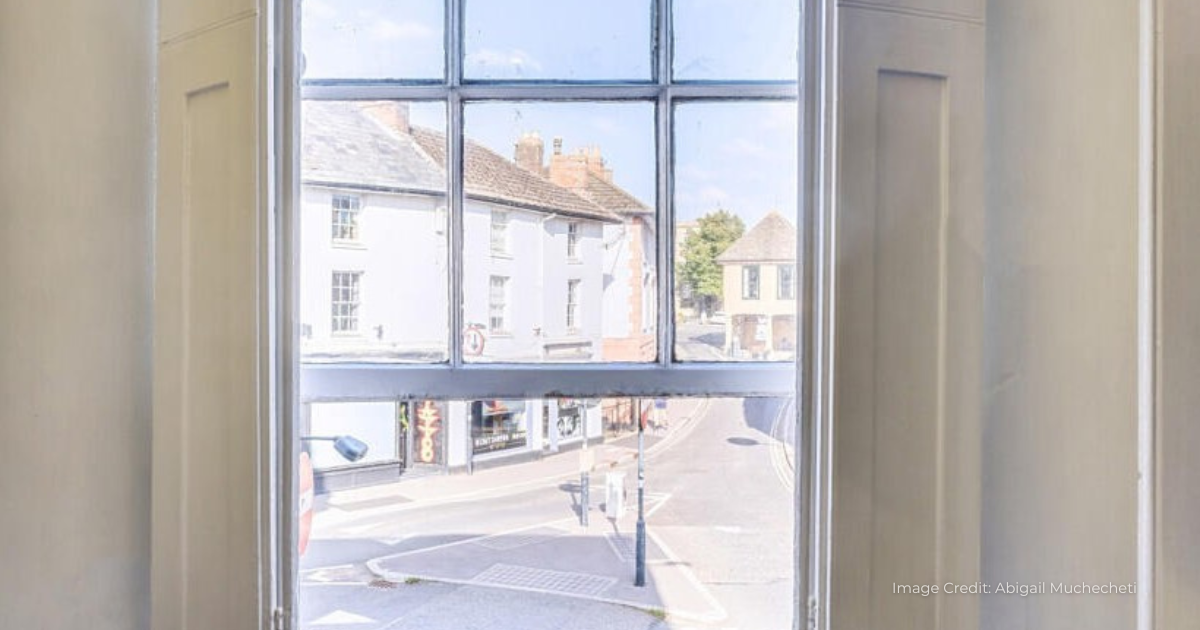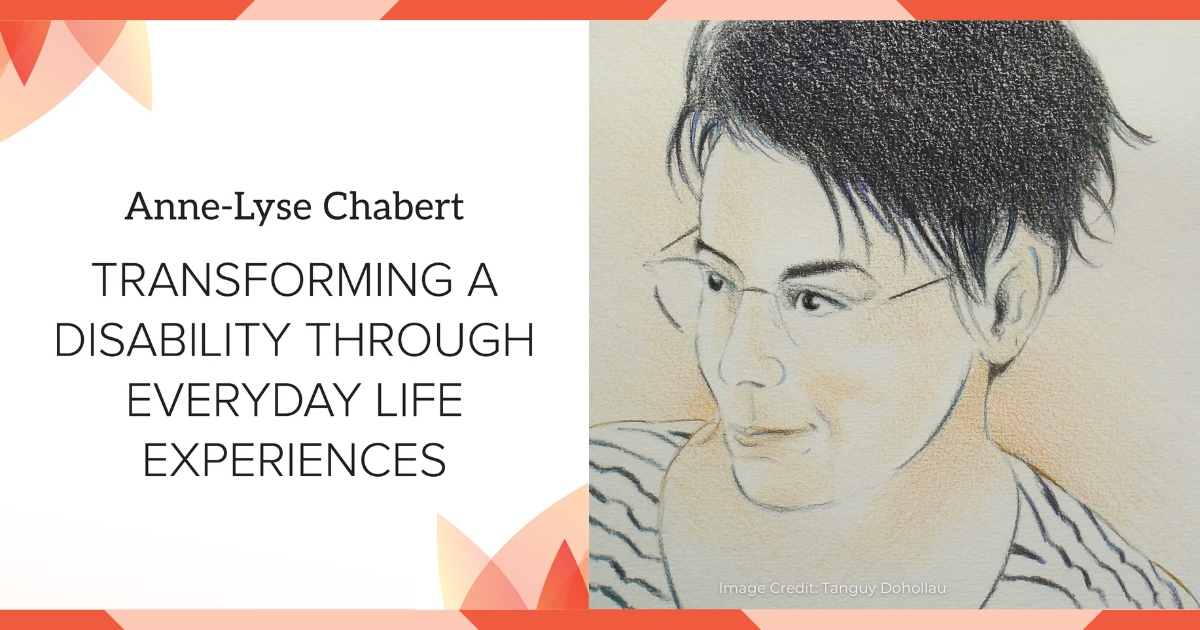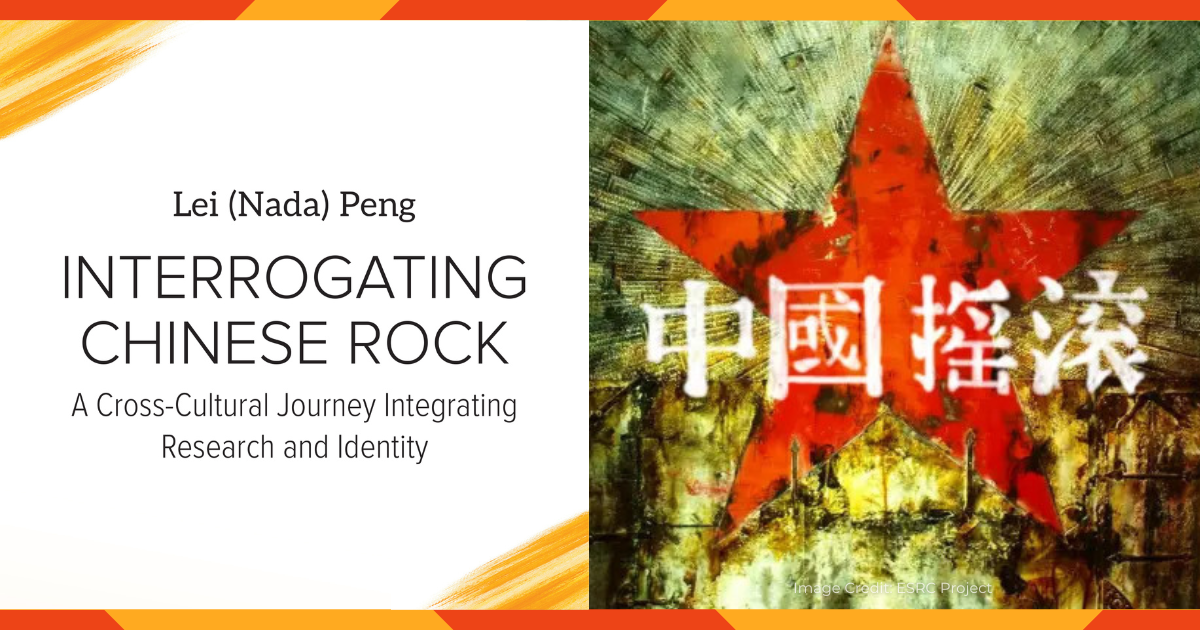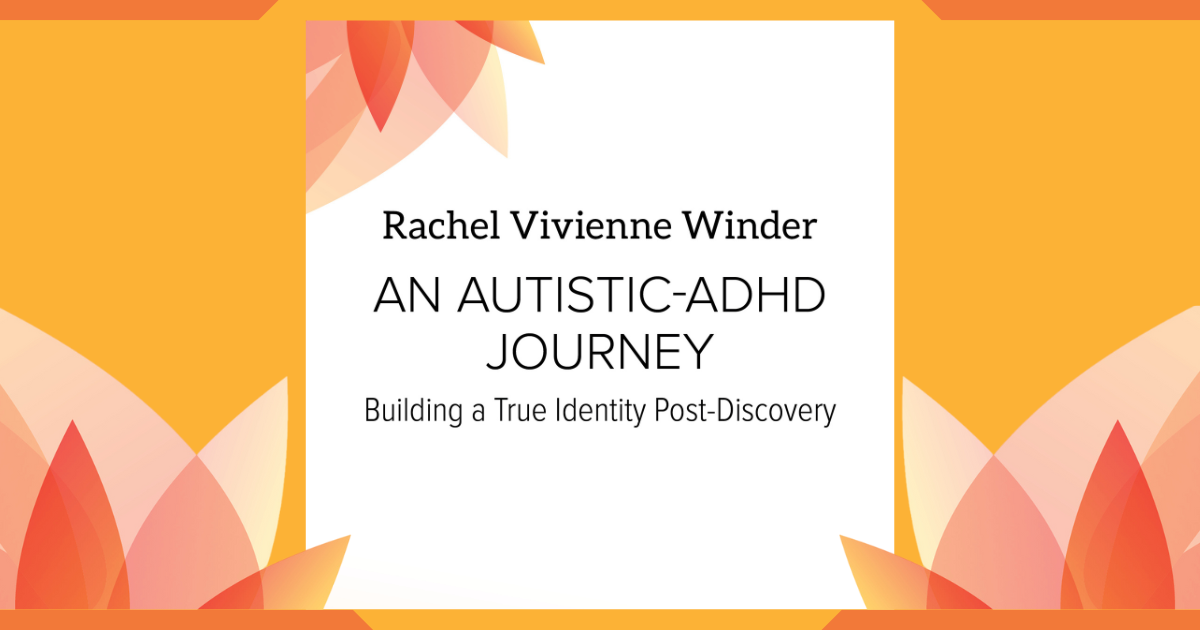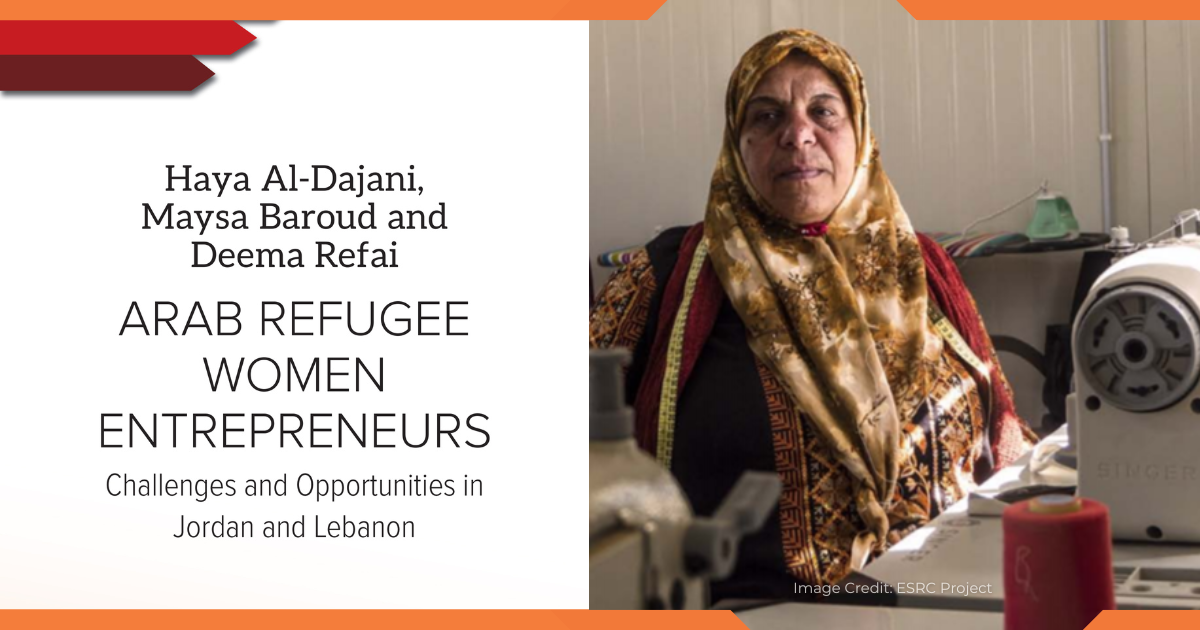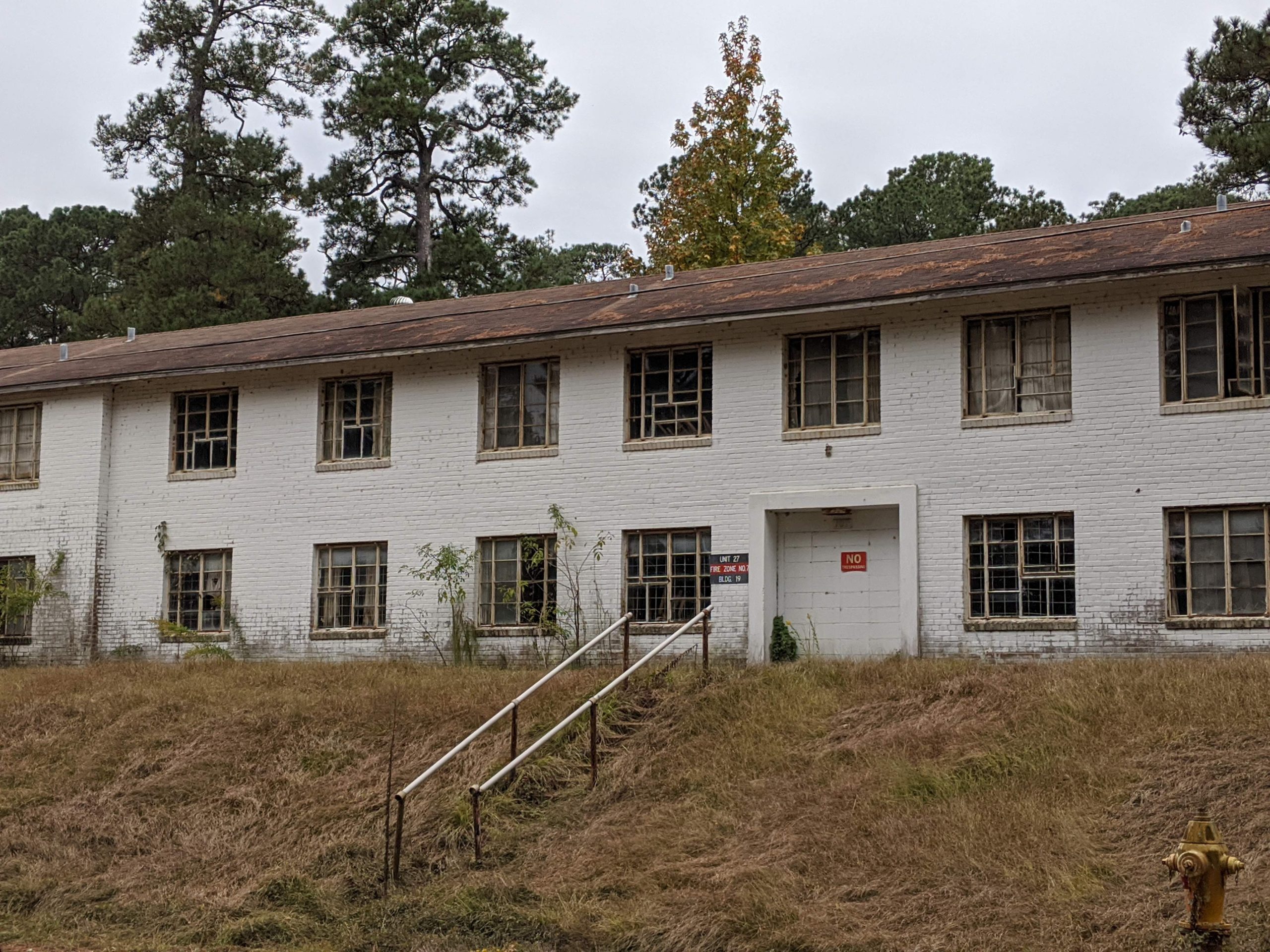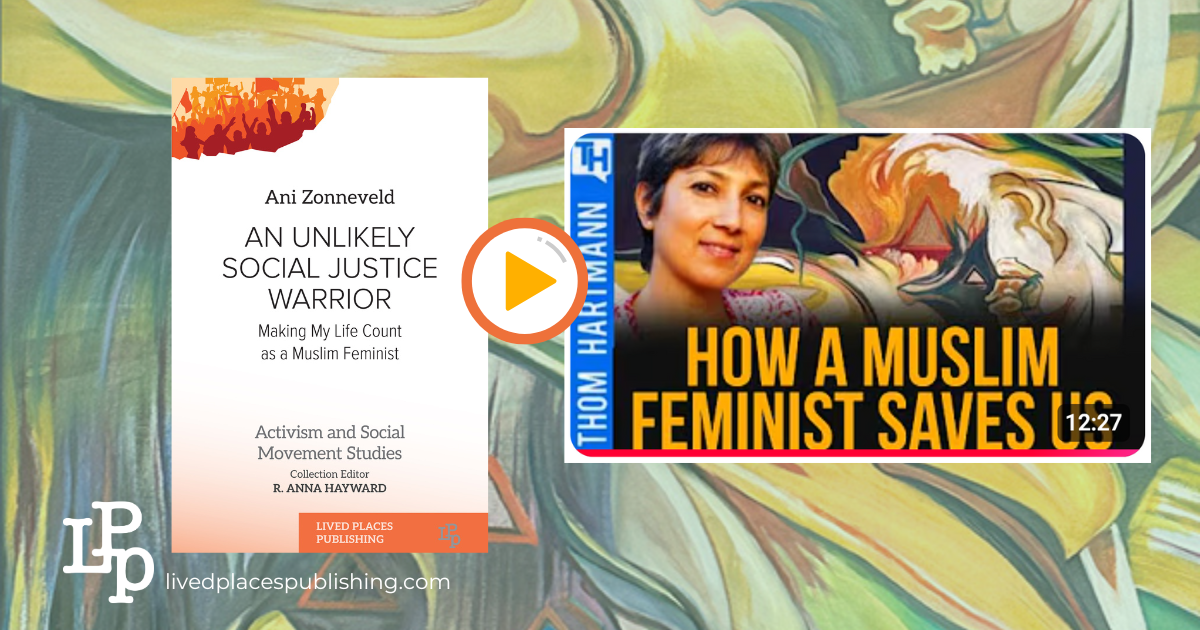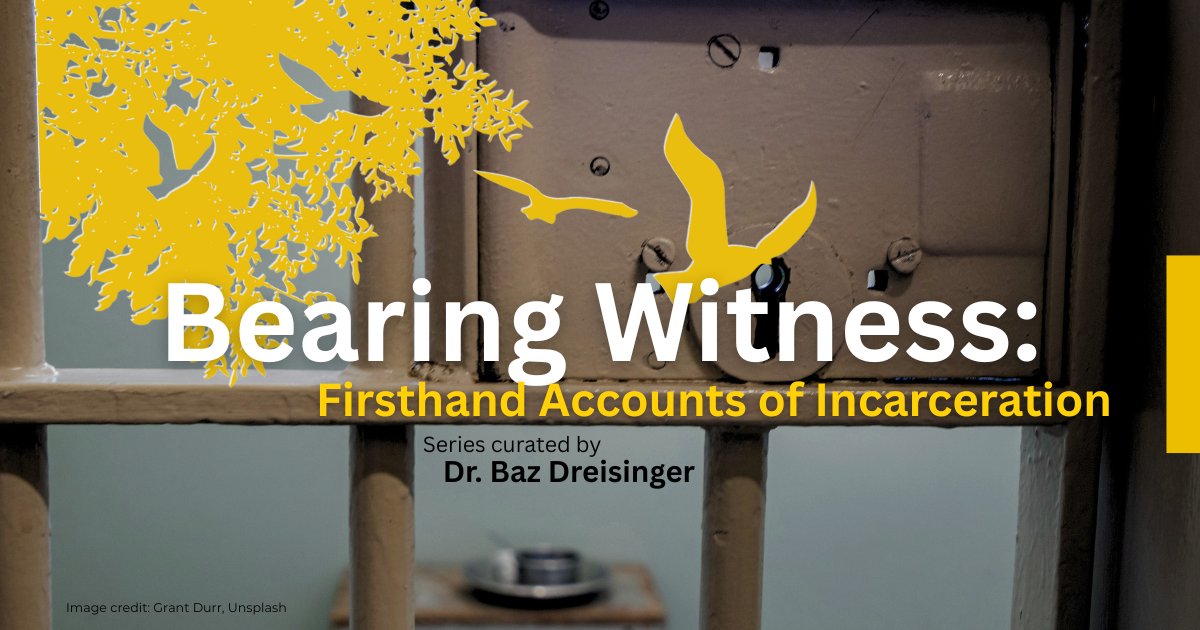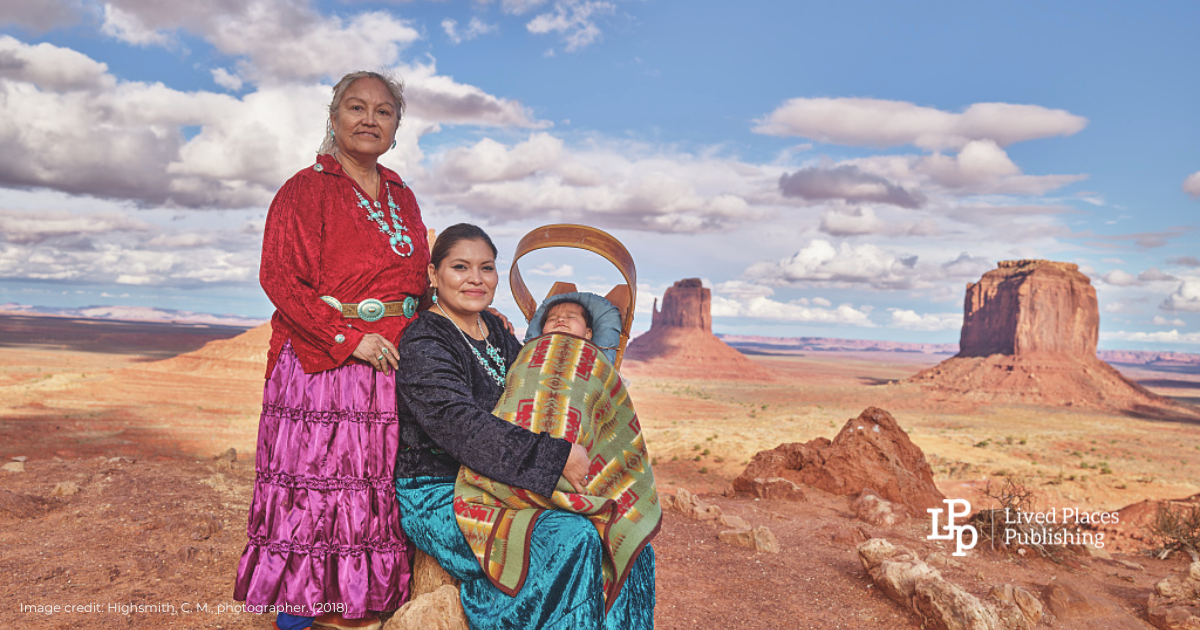Intersections of Faith, Feminism, and Activism: Progressive Islam and Social Justice
FREE SEMINAR APRIL 16, 2026: Reshaping the infrastructure of misogyny and patriarchy requires collective engagement from us all. In this free event, Ani Zonneveld discusses the various initiatives she’s created to counter systems of harm including her advocacy for LGBTQ+ rights and opposing the misuse of religion to justify prejudice.

